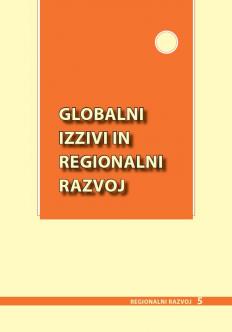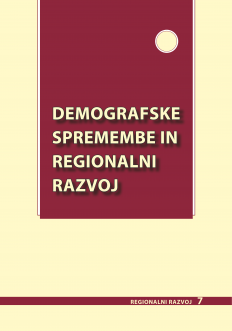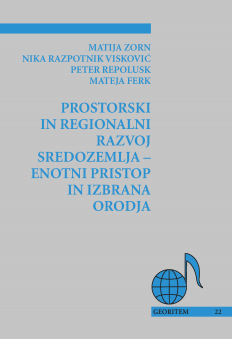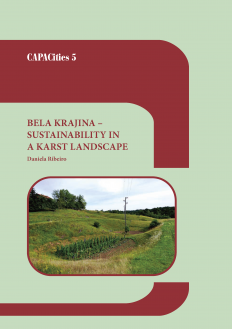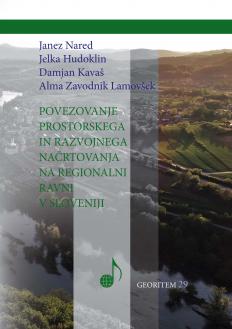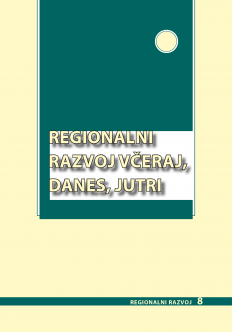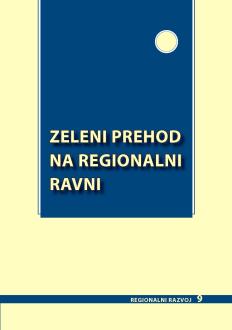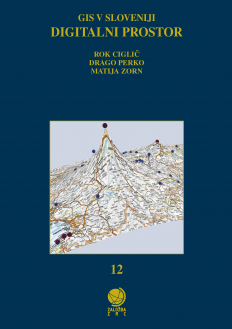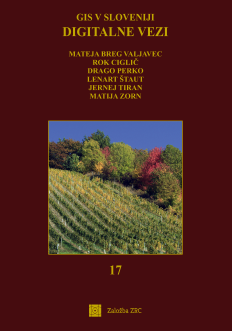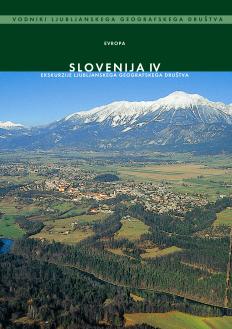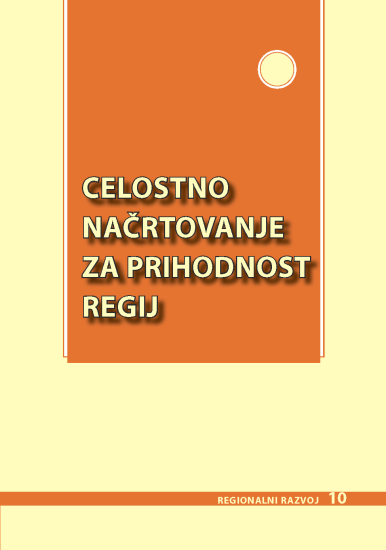
The book explores how more integrated approaches can enhance existing planning practices and lead to more effective spatial and regional development. In the first part, the authors present methodologies for monitoring and evaluating regional policy, the results of development measures in the Koroška region, systems thinking and key principles for comprehensive regional development, the role of the Slovenian Regional Development Fund, and the identification of problem areas in Slovenia. The second part focuses on the preparation of the first generation of regional spatial plans, the importance of landscape concepts in spatial planning, green infrastructure networks at the regional level, and functional urban areas as a tool for monitoring the implementation of the Spatial Development Strategy of Slovenia. The book concludes with contributions on the Bohinj railway and macro-waste along rivers after the 2023 floods. The authors emphasize that sectoral approaches are insufficient to address today’s complex development challenges. Decision-makers must therefore strengthen cross-sectoral cooperation and support integrated planning approaches. The simultaneous preparation of different documents at the regional level offers an excellent opportunity to do so.
paperback 16,5 × 23,5 cm 184 pages
Keywords
collective volume | regional development | Slovenia
